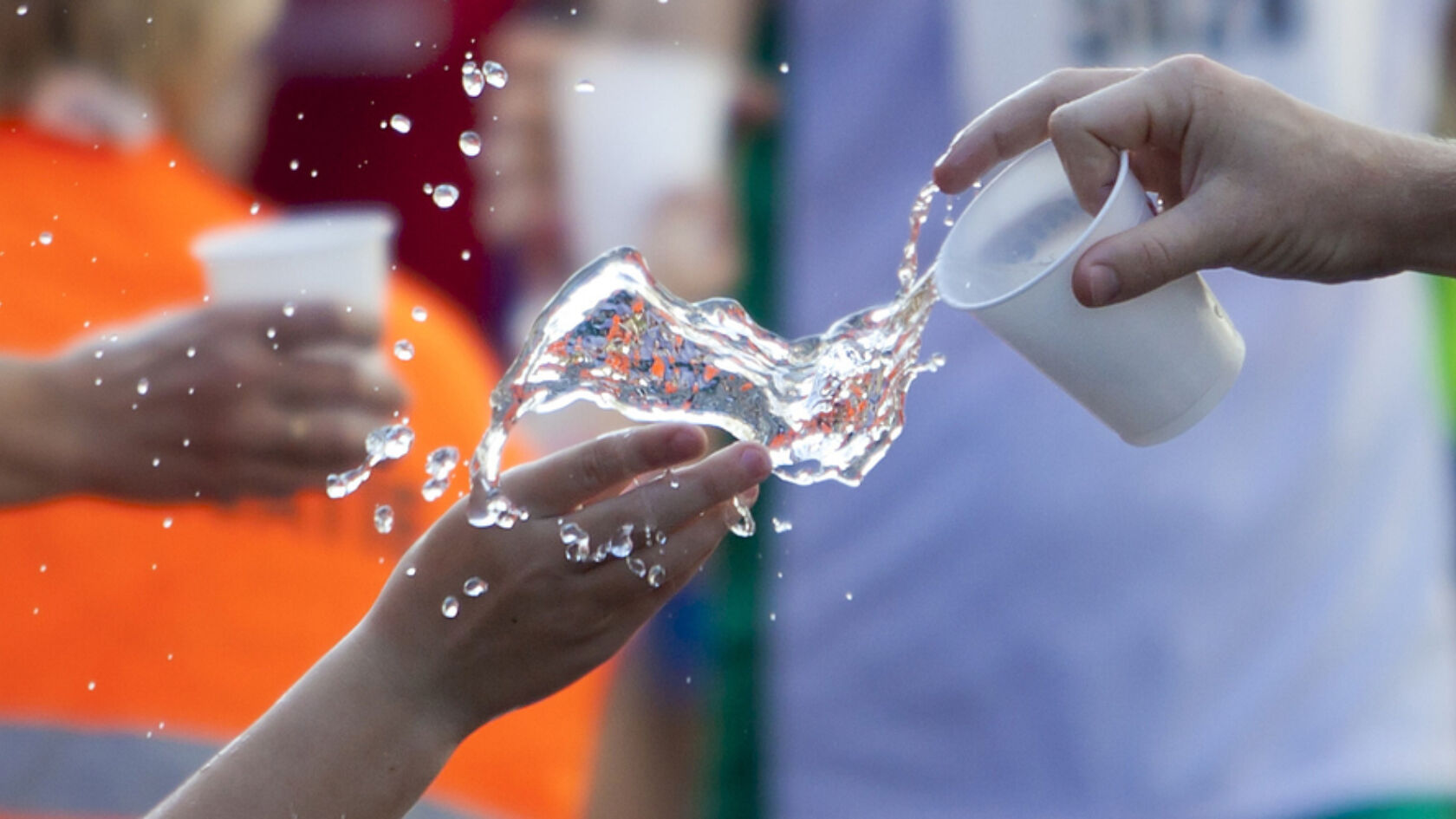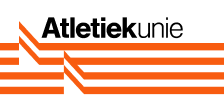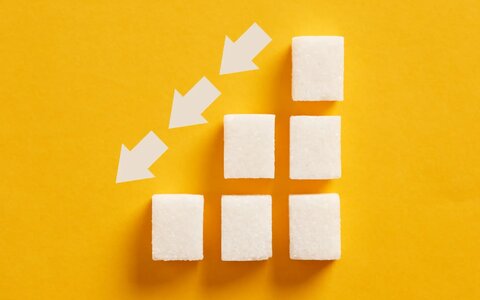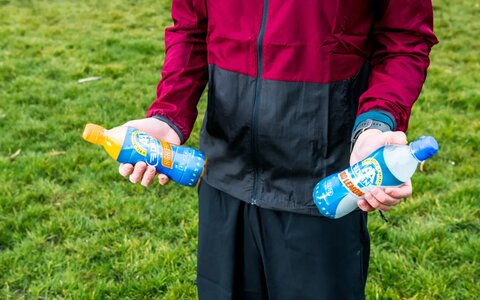3x3 tips for the ideal race nutrition

Spring is slowly approaching. For the avid runner, the racing season may have already begun. For the recreational runner, the nice weather is arriving and the itch to run arrives (again). During one of those fine training sessions in the spring sunshine, you decide to sign up for a race. Whether this is your first race or your 200th race, an ideal preparation in terms of nutrition remains a must. This week, the hardlopen.nl experts are tackling the subject of “being well prepared at the starting line”. Tara Vossers offers you 3 x 3 tips for ideal race nutrition. Ready to read along with us?

















